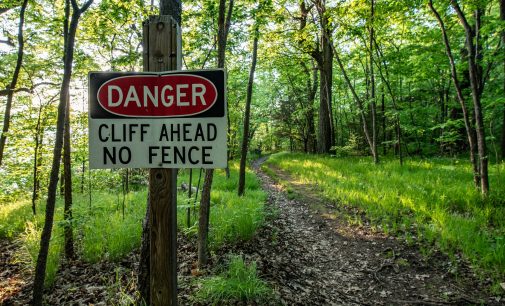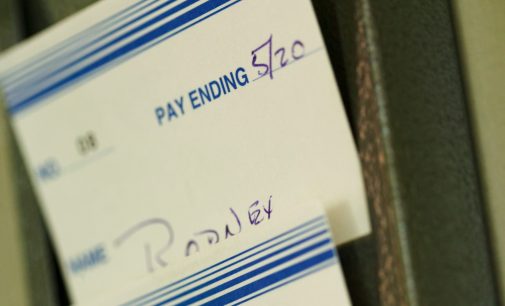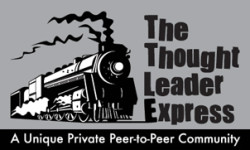The Netflix Effect 401k retirement readiness problem may not come from bad markets, but from quiet disengagement. As automation pushes retirement saving into the background, readiness risks can grow unnoticed.
Tag "401k"

The S&P 500 looks diversified—until you see how few stocks actually drive the returns. As concentration rises, index construction itself is becoming a growing 401k fiduciary risk.

The long bull market has masked serious risk in target-date funds near retirement. When the next correction hits, participants who thought they were “protected” will wake up—angry—and demand change.

When participants assume alignment without verification, problems remain hidden until they are too large to ignore. Misalignment doesn’t announce itself—it compounds quietly, year after year.
The calendar flipped to 2026, and with it came a fresh crop of 401k new year opportunities. Will this be the year 403(b) plans finally shed legacy costs, SECURE 2.0 provisions hit their stride, and markets remind participants that risk never really sleeps?

Viewed through that lens, a 401k Christmas wish list isn’t just about outcomes, but about predictability. A stable rulebook can make it easier to design, monitor, and maintain plans that work in practice as well as on paper.

In many small employer 401k plans, those pressures combine with poor vendor selection, weak oversight, and minimal participant education to create environments where employees pay more and get less.

Seasoned advisors caution plan sponsors not to confuse delegation with disappearance. Every fiduciary duty can be shared. None can be erased.

If you’ve ever lost an hour chasing a quote you couldn’t comfortably reference—or hesitated to send a summary because it didn’t feel “file-worthy”—the FiduciaryNews.com Reference Librarian solves that.










What The $955 Retirement Savings Headline Gets Wrong (And Why Fiduciaries Should Care)
The $955 retirement savings headline sparked national alarm, but fiduciaries must look beyond shock value to understand what the data truly reveals and how to respond.